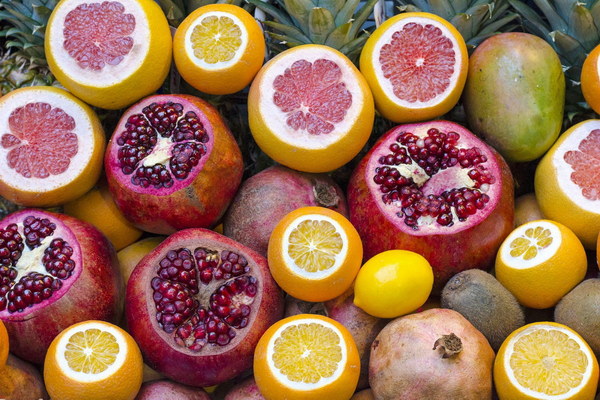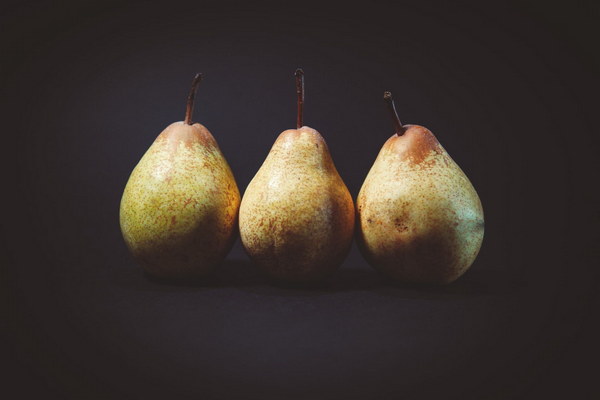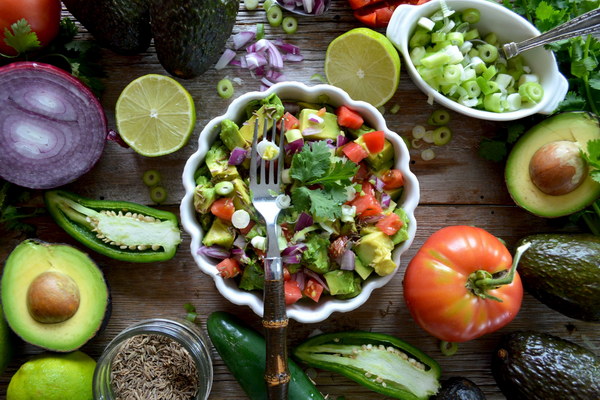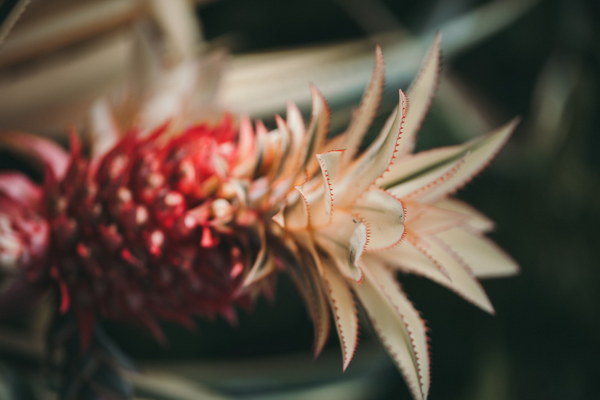Nourish Your Lungs A Guide to LongTerm Lung Health through Diet
Introduction:
The lungs are vital organs responsible for oxygenating the blood and removing carbon dioxide. Maintaining their health is crucial for overall well-being. While exercise and a healthy lifestyle play significant roles, nutrition also plays a critical part in lung health. This article explores the best foods to eat for long-term lung health and how they can help in nourishing and moistening the lungs.
1. Apples:
Apples are rich in antioxidants, particularly quercetin, which has been shown to reduce inflammation in the lungs. They also contain fiber, which helps to keep the digestive system healthy and reduce the risk of respiratory infections. Consuming apples regularly can help in maintaining lung health.
2. Almonds:

Almonds are an excellent source of vitamin E, which is a powerful antioxidant that can help protect the lungs from damage caused by free radicals. Almonds also contain magnesium, which has been linked to improved lung function and reduced risk of chronic obstructive pulmonary disease (COPD).
3. Broccoli:
Broccoli is a cruciferous vegetable that contains sulforaphane, a compound that has been shown to reduce inflammation in the lungs. It also contains vitamins C and K, which are essential for maintaining healthy lung tissue and immune function.
4. Garlic:
Garlic is known for its immune-boosting properties. It contains allicin, a compound that has been shown to reduce inflammation in the lungs and improve lung function. Incorporating garlic into your diet can help in keeping your lungs healthy.
5. Turmeric:
Turmeric is a spice that contains curcumin, a compound with powerful anti-inflammatory properties. Curcumin can help reduce inflammation in the lungs and may even have a role in preventing lung cancer. Adding turmeric to your meals or taking it as a supplement can be beneficial for lung health.
6. Green Tea:
Green tea is rich in antioxidants, particularly catechins, which have been shown to improve lung function and reduce the risk of respiratory diseases. Regular consumption of green tea can help in maintaining lung health.
7. Quinoa:
Quinoa is a nutrient-rich grain that contains magnesium, potassium, and fiber. These nutrients help in reducing inflammation and improving lung function. Quinoa can be a great addition to your diet, especially if you are looking for a gluten-free alternative.
8. Fish:
Fish, especially fatty fish like salmon, mackerel, and sardines, are rich in omega-3 fatty acids, which have anti-inflammatory properties. Omega-3s can help in reducing inflammation in the lungs and improving lung function.
9. Yogurt:
Yogurt contains probiotics, which can help improve gut health and, in turn, support lung health. A healthy gut microbiome can reduce the risk of respiratory infections and improve overall immune function.
10. Honey:
Honey has natural antibacterial and anti-inflammatory properties, making it a great option for soothing sore throats and reducing inflammation in the lungs. Consuming honey regularly can help in maintaining lung health.
Conclusion:
Long-term lung health is crucial for overall well-being. Incorporating the right foods into your diet can help in nourishing and moistening the lungs. By focusing on a balanced diet rich in antioxidants, vitamins, minerals, and healthy fats, you can significantly reduce the risk of respiratory diseases and improve your lung function. Remember to consult with a healthcare professional before making any significant changes to your diet.









